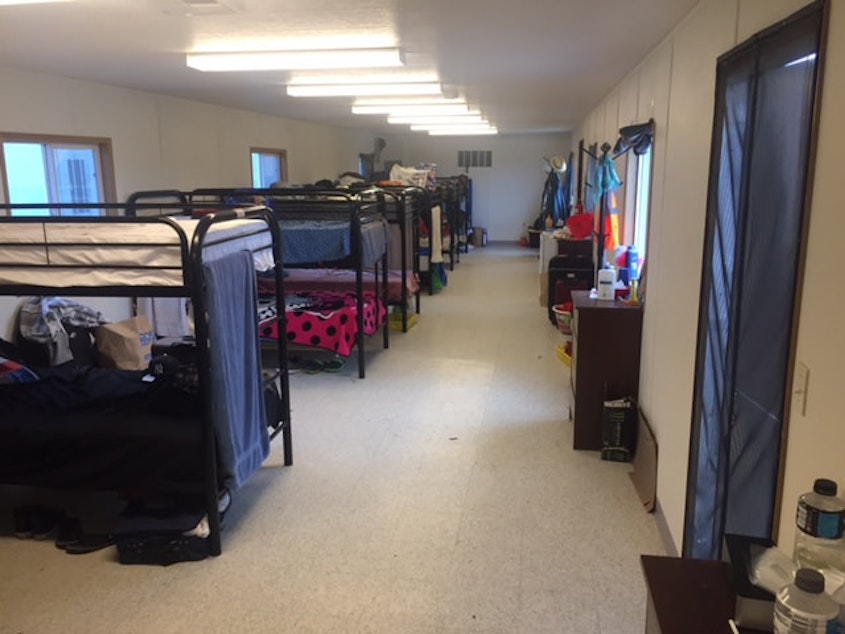Bunk beds and farm workers: Washington's new housing rules

State officials recently issued new regulations to protect temporary farmworkers from the coronavirus. Growers are now scrambling to make changes, while some advocates insist it’s still not enough.
These changes come after a lawsuit claimed the Washington State Department of Health and Labor & Industries were not doing enough to protect workers.
Under the emergency rules, growers must now provide workers with cloth face coverings. They also have to ensure physical distancing at all times. This means that when workers come home, their beds need to be six feet apart from each other.
Washington's meat supply slows down, but gets fancy
Advocates say that’s a problem because a lot of workers sleep in bunk beds which are still allowed in some cases.
"We believe strongly that most people want to do the right thing," said Tim Church with Labor and Industries, one of two agencies in charge of the new housing rules.
Sponsored
But it is challenging to strike the balance between the needs of growers, unions and farmworkers, especially with the backdrop of a quickly moving global pandemic.
Church adds that to compromise, "Under the emergency rules, if you have a group that stays together, works together, eats together, and it’s only that group, then they [growers] would be allowed to use bunk beds."
Otherwise it's up to employers to install non-permeable barriers between beds -- and funding these changes falls on them.
Elizabeth Strater with the United Farm Workers explains, "It’s not about bunk beds. It’s about bunk beds and everything else."
She says the new rules are helpful but ultimately won't keep farmworkers safe from the virus if there aren't rules around transportation and field work.
Sponsored
There's also issues about distancing during meal times and after work, or whether there's enough PPE for workers.
"Until we have a holistic look at the way that all these folks are interacting with each other and with their working environment, this isn’t a solution," says Strater.
In Central Washington, there's been a slew of protests from farmworkers and allies pushing for hazard pay and better working conditions.
Washington state joins Oregon as one of the two states in the U.S. regulating the use of bunk beds for H-2A or temporary workers.
Washington is also among the top five states who rely on temporary laborers to help with apples, cherries, and other crops.
Sponsored
The emergency rules go into effect starting Monday May 18.

